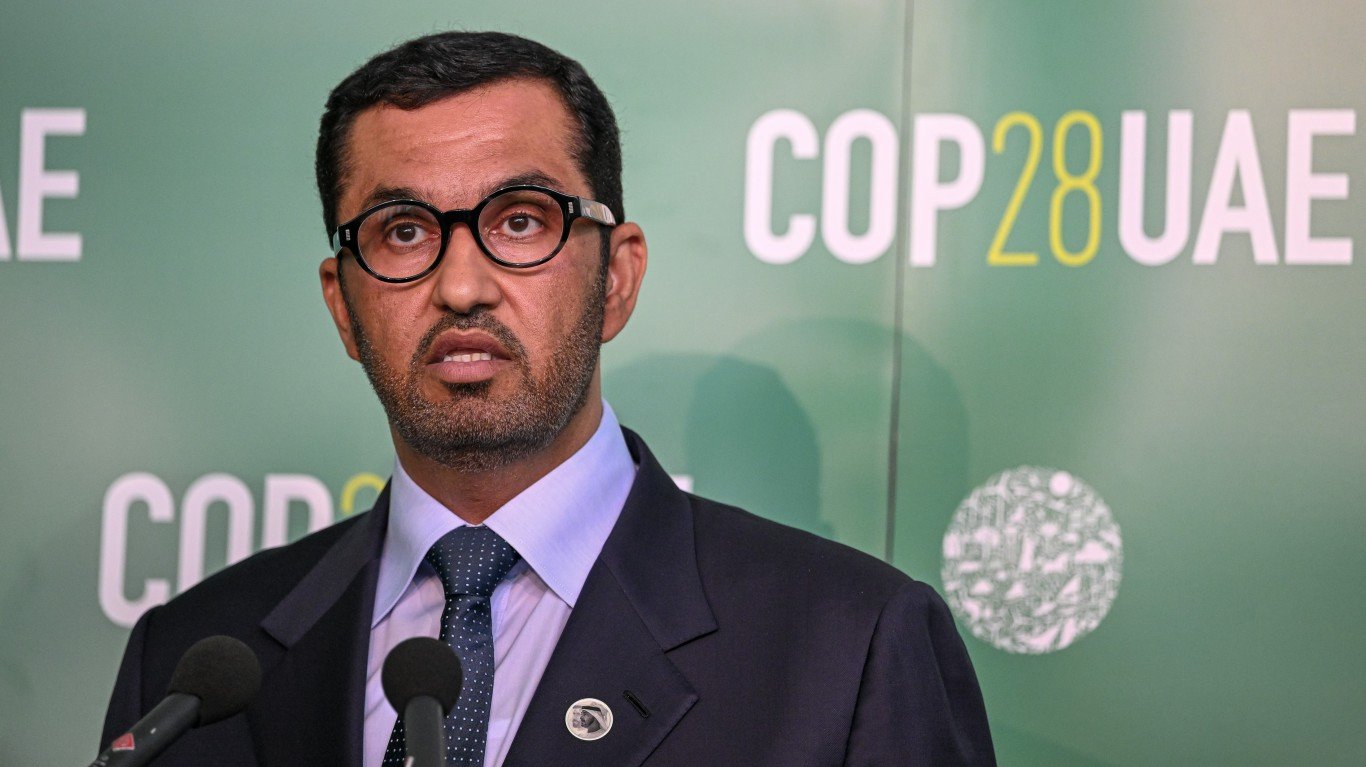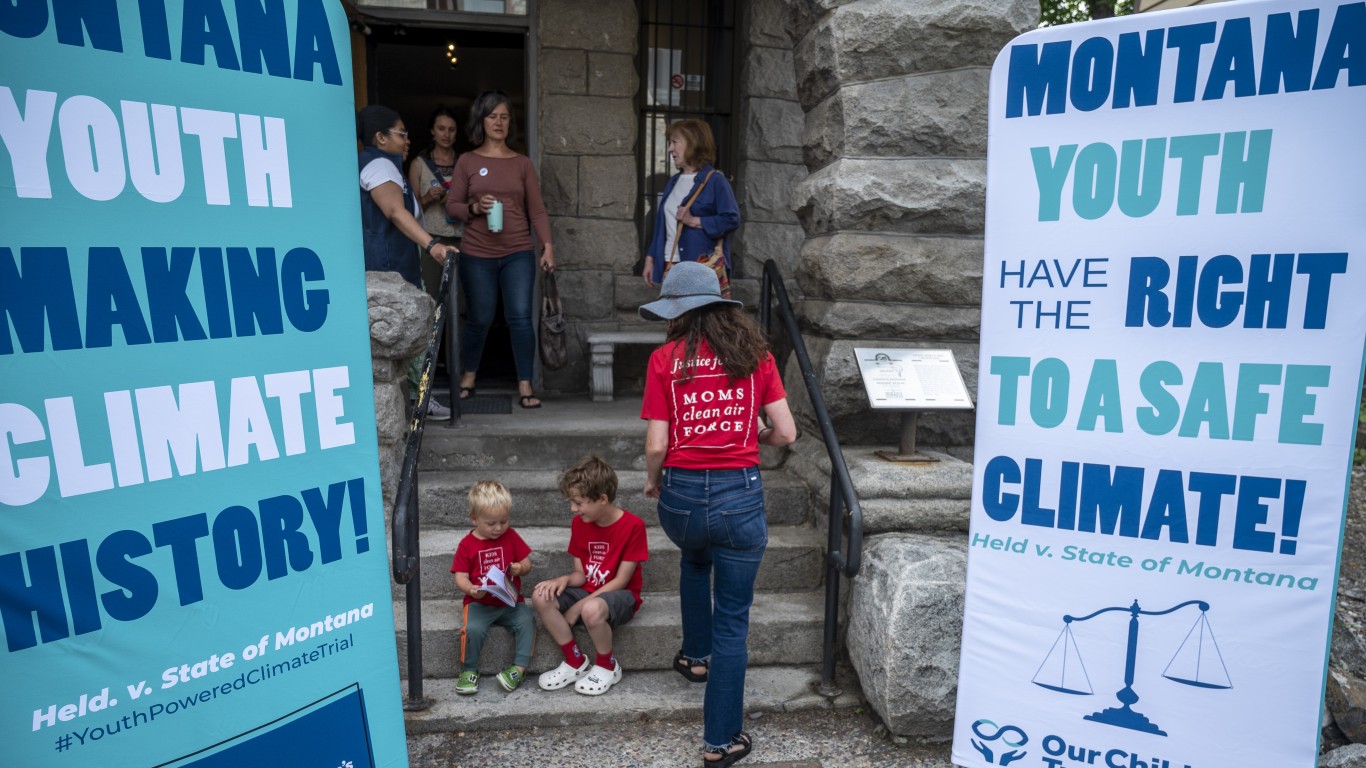
More COP28 greenwashing revealed
Sultan Al Jaber, the president of COP28 (United Nations Climate Change Conference) who is also the CEO of Abu Dhabi National Oil Company, has been accused of “greenwashing” his image. This accusation comes after it was found that members of his team edited Wikipedia pages that highlighted his role as CEO of the oil company. The amendments made by his team included adding quotes that praised Al Jaber as an ally of the climate movement and suggesting editors remove references to a multibillion-dollar oil pipeline deal he signed in 2019.
The UAE government has faced criticism for appointing a fossil fuel boss as head of COP28, an appointment nonetheless hailed by leading climate figures such as John Kerry, the U.S. special presidential envoy for climate. Al Jaber has also been working to promote his advocacy for Emirati investment in green energy. Meanwhile, there have been calls for Al Jaber to be removed from his post as the summit’s president.

Judge rules in favor of Montana climate activists
A Montana state court ruled in favor of a group of 16 young climate activists (ages 5 and 22) who argued that the state violated their right to a “clean and healthful environment” by promoting the use of fossil fuels. The court ruled that a provision in the Montana Environmental Policy Act that bars the state from considering climate impacts of energy projects is unconstitutional and has harmed the state’s environment and the plaintiffs.
This case was the nation’s first constitutional and first youth-led climate lawsuit to go to trial and could influence how judges approach similar cases in other states. The Montana case will face an appeal to the state Supreme Court.
Even as the number of climate litigation cases around the world has more than doubled in the last five years, youth-led lawsuits in the U.S. have been stymied. At least 14 of these cases have been dismissed, according to a July report from the U.N. Environment Program and Columbia University’s Sabin Center for Climate Change Law.





